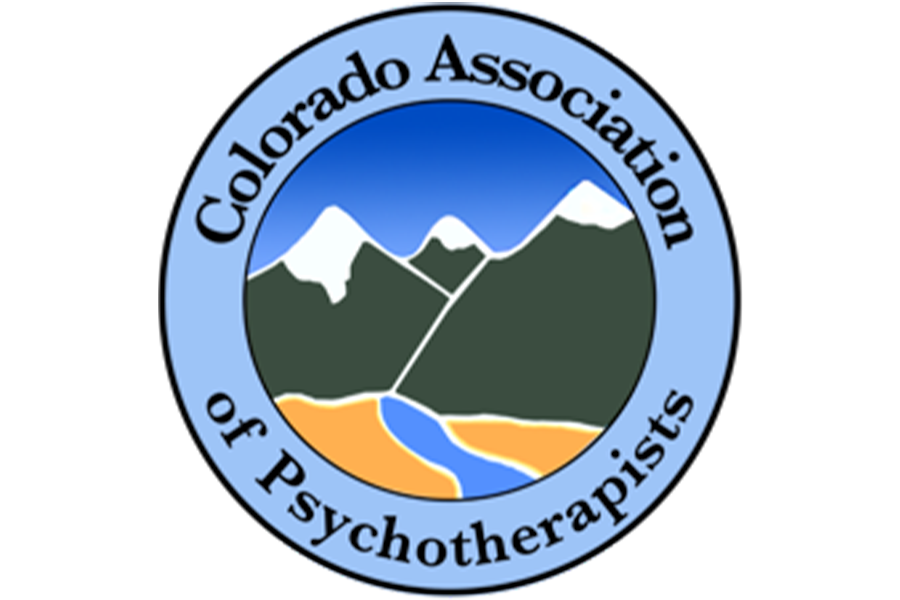The Four Noble Truths, often regarded as the foundational teachings of Buddhism, encapsulate profound insights into the nature of human existence and the path to liberation from suffering. Each truth represents a crucial aspect of the human condition and offers guidance for navigating the complexities of life with wisdom and compassion.
Suffering exists
At the core of the first noble truth lies a recognition of the inherent unsatisfactoriness of human existence. Life, by its very nature, entails suffering. From physical ailments to emotional turmoil, from loss and separation to the inevitability of death, suffering pervades every aspect of our lives. While moments of joy and pleasure may provide temporary relief, they are fleeting and ultimately give way to the reality of impermanence. In acknowledging the pervasive presence of suffering, we confront the fundamental truth of human existence and lay the groundwork for deeper insights into the nature of reality.
The origin of suffering is attachment
The second noble truth delves into the root cause of suffering – attachment and craving. Our relentless pursuit of pleasure, possessions, and worldly success stems from a deep-seated attachment to transient phenomena. Whether it be material possessions, relationships, or even our sense of self, our attachment to these impermanent entities inevitably leads to suffering. This attachment arises from a fundamental ignorance of the true nature of reality – the impermanence and insubstantiality of all phenomena. By clinging to that which is fleeting and ephemeral, we perpetuate our own cycle of suffering, unable to find lasting peace and contentment.
The cessation of suffering is attainable
Despite the pervasive nature of suffering, the third noble truth offers a glimmer of hope – the cessation of suffering is attainable. Known as Nirvana, this state of liberation represents the complete cessation of craving, attachment, and ignorance. It is a state of profound peace, free from the fluctuations of pleasure and pain, joy and sorrow. While Nirvana may seem like an elusive concept, it is within reach through the practice of mindfulness, compassion, and wisdom. By cultivating dispassion and insight, we can gradually overcome the causes of suffering and attain the ultimate goal of liberation.
The path to the cessation of suffering
The fourth noble truth outlines the path to the cessation of suffering – the Noble Eightfold Path. This path, often described as the middle way, offers a holistic framework for spiritual development and ethical living. It encompasses eight interrelated factors, including right view, right intention, right speech, right action, right livelihood, right effort, right mindfulness, and right concentration. As your coach, I can guide you in the cultivation of these qualities in your life. With practice and commitment, you can gradually purify the mind and overcome the defilements that perpetuate suffering. The path is not a quick fix or instant solution but rather a lifelong journey of self-discovery and transformation.
In Conclusion
The Four Noble Truths offer profound insights into the nature of human suffering and the path to liberation. By understanding the causes of suffering, cultivating mindfulness and compassion, and following the Noble Eightfold Path, you can gradually free yourself from the cycle of suffering and attain lasting peace and happiness. Ultimately, the journey toward liberation is one of profound self-discovery and awakening, leading to a deeper understanding of ourselves and the world around us.




0 Comments